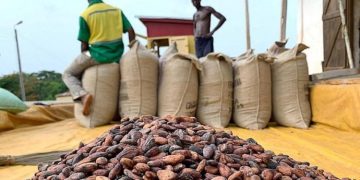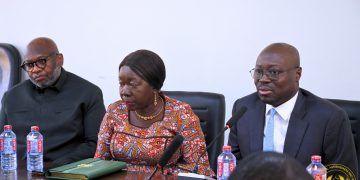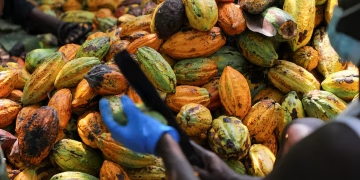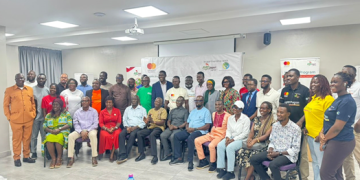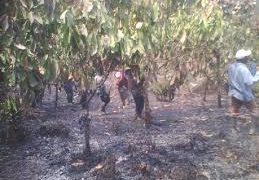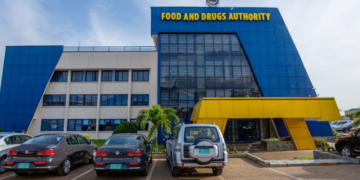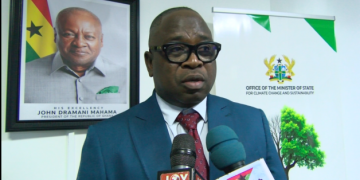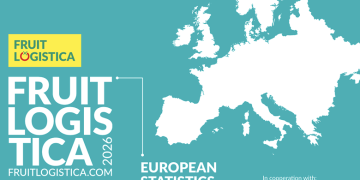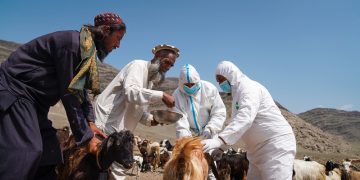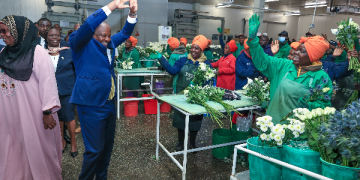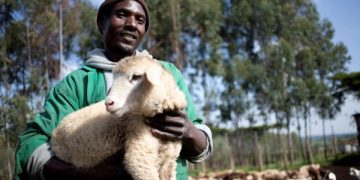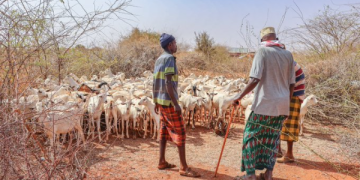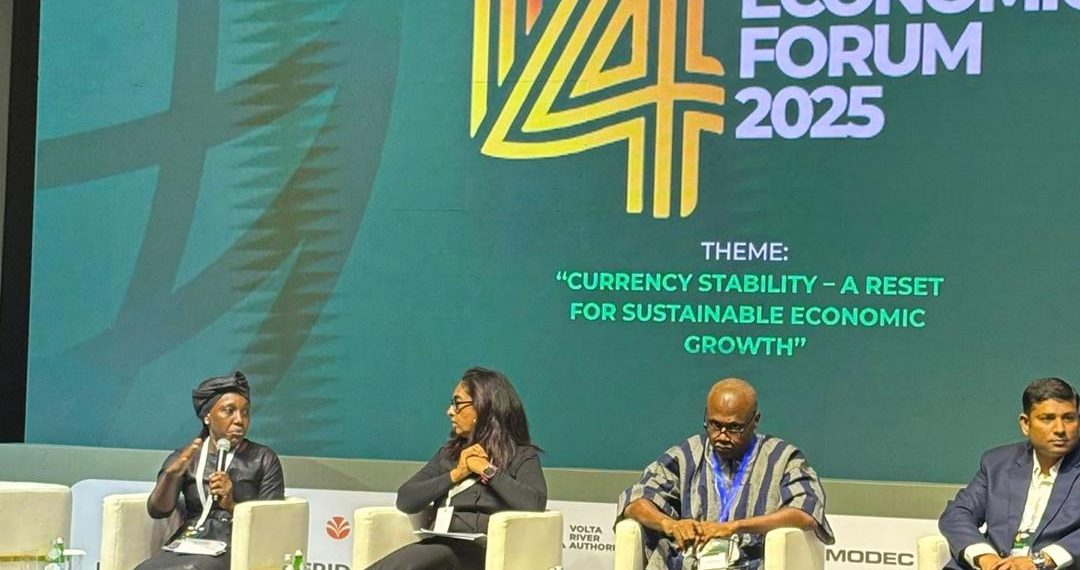Executive Director and Founder of Agrihouse Foundation, Alberta Nana Akyaa Akosa, has called for a renewed national effort to strengthen Ghana’s agricultural infrastructure, leadership, and value chain linkages, emphasizing that the country’s agricultural future depends on “connecting the unconnected” and ensuring that no one is left behind.
Speaking at the 14th Ghana Economic Forum (GEF) in Accra, Ms. Akosa said Ghana’s progress in agriculture requires bold leadership, strategic coordination, and a long-term mindset that prioritizes sustainability over short-term profit.
“We need to stop chasing only immediate gains and start building systems that sustain growth over decades,” she said. “There are opportunities across the agricultural value chain, from production to export but we must connect the unconnected: farmers, aggregators, input suppliers, processors, and policymakers.”
She stressed that unlocking Ghana’s full agricultural potential will depend on empowering smallholder farmers and engaging the youth through accessible markets, mechanization, and value addition.

Ms. Akosa highlighted the critical role of farmer associations and cooperatives in boosting production capacity and maintaining consistency in exports.
“We cannot keep exporting one or two containers and stop. If our farmer groups worked together especially in sectors like shea, cashew, and horticulture Ghana could secure stronger trade agreements, guarantee supply reliability, and ensure fair returns for all actors,” she explained.
She further identified logistics, storage, and input distribution as major bottlenecks holding back agricultural efficiency and profitability.
“Mechanization is important, but logistics matter just as much. Without efficient systems to move goods from farms to markets, we lose both value and opportunity,” she noted. “We must prioritize leadership, structure, and collaboration across the agricultural ecosystem.”
Ms. Akosa reaffirmed Agrihouse Foundation’s commitment to promoting agricultural innovation, youth inclusion, and evidence-based policy engagement. She emphasized that coordinated efforts across sectors could transform Ghana’s fragmented agricultural landscape into a unified, high-impact ecosystem.
“Agriculture must be seen not just as a means of livelihood, but as a business one that thrives on connection, knowledge sharing, and strong leadership,” she concluded.














